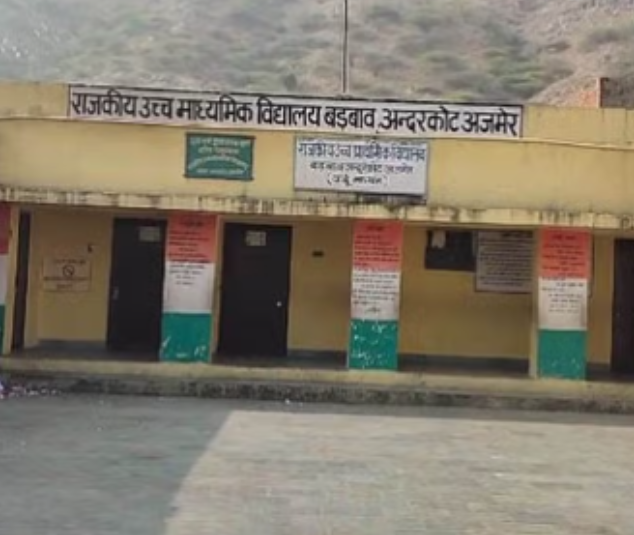Rajasthan imposes Hindi in Urdu schools, sparking protests by the Muslim community
Teachers and parents slam the decision by the BJP-led government as an attack on their community’s cultural and linguistic heritage, calling for Hindi to be instead included as an optional subject. For children, it is important to study in their native language. Fr Steven Rawat, victim of an attack over Christmas carols, also criticised the measure.
Ajmer (AsiaNews) – Eight Urdu-language schools in the city of Ajmer, Rajasthan have been forced to switch to Hindi. The decision by the state government on 17 January sparked a wave of protests in the local Muslim community, which considers the measure an attack on its cultural and linguistic heritage.
The schools concerned, which include the historic Government Primary Urdu School Badbaav and the Government Girls High Primary Urdu School, have been active since 1941, serving as an educational pillar for the Muslim community for decades.
The decision by the Rajasthani government, led by the Bharatiya Janata Party (BJP), is seen as part of a broader strategy to marginalise linguistic and religious minorities. To this end, it ordered local police to replace Urdu and Persian terms with Hindi words last December.
“Urdu is an integral part of our identity,” said a concerned parent at a sit-in protest. “This move threatens to erase our language and history.”
The community has expressed concerns about the disproportionate impact on Muslim children, many of whom find it easier to learn in their native language.
As things stood, schools were already struggling with a shortage of textbooks and qualified Urdu teachers.
For Md Razi, a local leader, “This is not just about language; it’s about our children’s right to education in their mother tongue. We will oppose this decision with all our might.”
The Muslim community delivered a memorandum to Rajasthan's chief minister, Bhajanlal Sharma, calling for the immediate reversal of the decision.
Urdu supporters argue that instead of eliminating the language, the government should allow it to coexist with Hindi as an optional subject.
“Why not provide both options?" asked Aslam Khan, a school teacher. “This decision is not about improving education; it’s about sidelining a minority language.”
The protest is backed by religious leaders like Fr Steven Rawat, who, speaking to AsiaNews, criticised the decision, describing it as a deliberate attempt to make life difficult for minorities.
“This is a distorted mindset that damages the fabric of our society,” said the clergyman who was attacked by Hindu extremists almost ten years ago for singing Christmas carols.
For their part, parents and activists are planning larger demonstrations to draw attention to the issue.
The District Collector acknowledged the community's concerns, but defended the decision as part of a broader education reform.
“Our goal is to provide quality education for all, regardless of language,” the official stated. However, this explanation has done little to alleviate the community’s fears.
02/03/2006







.png)










